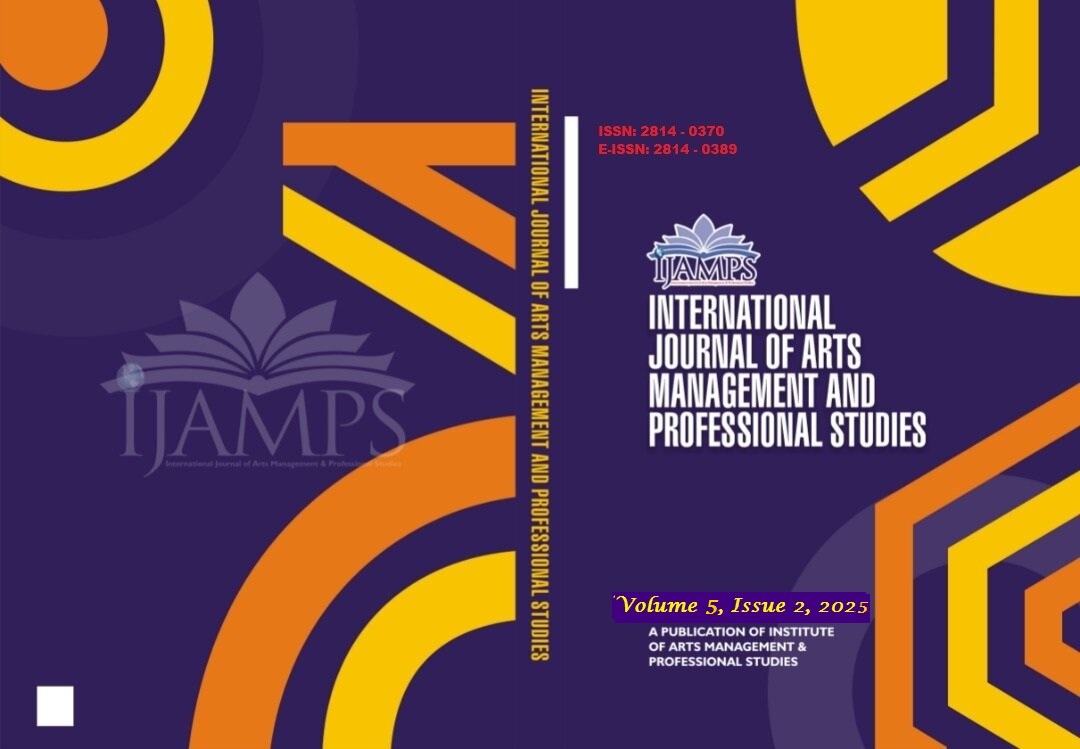
CHILD ABUSE AND DOMESTIC VIOLENCE IN NIGERIA: A SYSTEMATIC REVIEW
Dr. Bassey Moses Ogar
Volume 5, Issue 2, June 2025
This systematic review aimed at determining the prevalence of child abuse and domestic violence in Nigeria, including forms, risk factors and consequences. Multiple databases were searched to identify quantitative and qualitative empirical papers peer-reviewed as they related to an informal caregiver experience for the period between January 2020 and April 2025. The search identified thirty-one studies that adhered to the guidelines of peer-reviewed publications. Research studies synthesised showed that 50 % of children in Nigeria and 78.8 % of women experienced some physical, emotional or sexual abuse. The modifiable factors included low income, culture of women subordination, ineffective implementation of laws, and the use of alcohol and other drugs. The review also established hazardous traditional practices/stigma as other impediments to prevention and/or reporting of the violation. The thematic analysis found the consequences of such violence to be psychological wounds suffered by the victims for many years, decreased education levels due to forced early dropout, and lack of justice for the perpetrators. While the VAPP Act had offered protection through the law, implementation was weak, and the law was effective at the state level. As a review of the study showed, there is a need for the development of region-specific, valid, effective awareness-educative campaigns by the community and the strengthening of legal and health-related systems. Thus, the studies still had limitations regarding longitudinal and regional data collection. In particular, the review posited that prevention of child abuse and domestic violence was critical towards the achievement of public health, human rights and sustainable development in Nigeria.